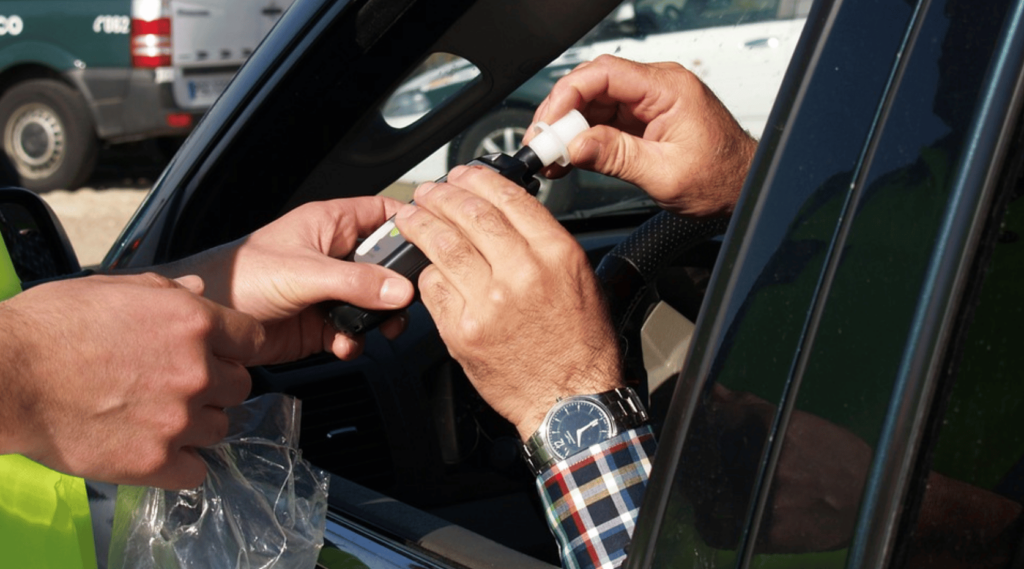When we drink alcohol, it affects our brains, bodies, and behavior. For some people, even minimal amounts of alcoholic beverages begin to affect their ability to function normally. A person who has been drinking alcohol will usually seem less coordinated, perhaps have slurred speech, and have lower inhibitions. Excessive alcohol consumption can also impair motor skills, leading to more dangerous situations, especially during activities that require alertness, like driving.
Along with general personality changes, some people might experience especially adverse changes in their behavior. For example, when a person who has been drinking even small amounts, they may become binge drinkers who sometimes become angry or aggressive. Excessive drinking can exacerbate these changes and create more pronounced negative effects.
Is someone an alcoholic simply because their personality changes when they drink? No.
An alcohol use disorder is a diagnosable condition with a set of criteria used in the evaluation, as with other mental health issues. Common signs of alcohol misuse don’t mean someone is an alcoholic or has an alcohol dependency. It can mean that they’re people with alcohol use problems or experience adverse outcomes when they drink. Being a problem drinker is a risk factor for developing a more significant alcohol use disorder, but it isn’t an addiction necessarily. Over time, tolerance to alcohol may develop, leading to increased alcohol intake and more severe health consequences, such as liver diseases or heart disease.
Alcohol abuse can have long-term effects on the body, including brain damage and heart failure, further complicating a person’s overall health. Below we break down some of the ways a person who has been drinking alcohol will usually behave and how drinking can impact our personality. You can also learn about addiction recovery here.
How Alcohol Changes Your Personality
You may have various motives for drinking alcohol. You may drink primarily when you’re socializing to serve as a way to be more outgoing, so it’s a situational factor. Some people drink when they’re happy, to celebrate. Others drink alcohol to relax at the end of the day, and some do so when they’re feeling upset as a coping mechanism.
When someone drinks, especially during a binge drinking session, they may experience changes to their personality. You may have a group of friends you usually have alcoholic drinks with. There may be the sad drunk or the happy drunk within that group. That person’s personality changes are probably similar every time they drink, no matter the environmental factors or outside circumstances.
Our expression of personality can shift when we’re drinking or drunk. Personality isn’t just how we outwardly behave or act in social situations under typical circumstances. Our personalities are complex and include how we feel and how we’re experiencing any given situation.
A reason for the changes is the loss of control you experience. Alcohol intoxication disinhibits the part of your brain that gives you self-control. That’s why you might become more extroverted when you drink, or you could become more angry and aggressive. You’re removing that element of control that you use in your daily life with the addition of alcohol.
Heavy alcohol consumption over an extended period can lead to more severe consequences. In the long term, people with alcohol use disorders may face not only mental health issues but also health risks such as liver damage, high blood pressure, and heart rate abnormalities.
The traits that come out when you drink are already there—they may be underlying. They are just heightened with the addition of alcohol, and especially during heavy drinking sessions.
If you’re someone who has underlying and unresolved anger, you’re more likely to expose that when you drink. If you’re generally happy, then you might experience a more over-the-top version of those feelings as you drink. However, drinking from time to time does not necessarily signal an alcohol problem.
Most researchers believe alcohol begins to affect a person’s abilities to conceal elements of their personality. It doesn’t make you a different person to drink, but rather it enhances underlying issues that might already exist.
Why Does Alcohol Lower Your Inhibitions?
As we’ve touched on, a person who has been drinking will usually do things they wouldn’t otherwise. Chemical reactions happen in your brain when you drink. These reactions also play a role in coordination, as the alcohol begins to affect a person’s abilities, especially in dangerous situations like driving.
When you drink, a few things happen:
- GABA levels increase. GABA is a brain chemical messenger or neurotransmitter. When the neurotransmitter goes up, you feel relaxed, and your stress and anxiety go down.
- There’s an increase in dopamine in the brain. Dopamine sends chemical messengers that create feelings of pleasure, thus the buzz you get from drinking.
- Norepinephrine goes up, which is a stimulating neurotransmitter. This is primarily responsible for excitement, as well as lower inhibitions and increased impulsivity. When your norepinephrine is high, it can make it hard for you to weigh the consequences of your decisions thoroughly.
- Alcohol consumption also affects the brain’s prefrontal cortex, responsible for helping you think rationally and clearly. When you drink, it impairs the abilities of your prefrontal cortex, making you more likely to act without thinking. Over time, frontal lobe function can also be damaged, leading to more long-term behavioral changes.
All these effects mean that if you’re already feeling angry or aggressive, that shield of inhibition goes away. You’re more likely to act on those feelings that were already there bubbling under the surface. This is also when symptoms of alcoholism may emerge, such as the inability to control alcohol consumption.
Many of the brain areas affected by alcohol also play a role in mental health issues. For example, if someone has co-occurring disorders like bipolar disorder, the influence of alcohol can also make the symptoms worse.
Alcohol and Aggression

There are certain people that we see and think, “they’re an angry drunk.” The reasons are due to the factors above. However, even if you’re not inherently angry, you may still get more violent or aggressive than you would otherwise.
For example, if someone were to provoke you after you’ve been drinking, you could be more likely to take the bait and engage with them. In your normal daily life, without the addition of alcohol, you’d probably just ignore or walk away from the situation.
It’s important to note links between alcohol misuse and intimate partner violence. In fact, in one study, 30% of couples reporting intimate partner violence said alcohol was a factor.
When we drink alcohol, it affects our brains, bodies, and behavior. For some people, even minimal amounts of alcoholic beverages begin to affect their ability to function normally. A person who has been drinking alcohol will usually seem less coordinated, perhaps have slurred speech, and have lower inhibitions.
Along with general personality changes, some people might experience especially adverse changes in their behavior. For example, when a person who has been drinking even small amounts, a person will sometimes become angry or aggressive.
Getting Help
We encourage you to call 408-547-4089 and reach out to the Silicon Valley Recovery addiction treatment team if you’re worried about your behavior or someone else’s. We can help you connect with resources to help to guide you in how to deal with a person who has been drinking.









